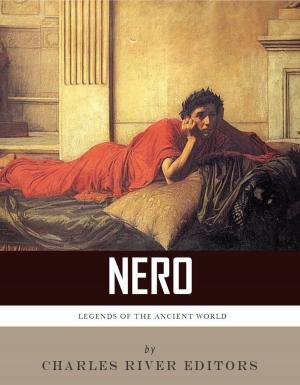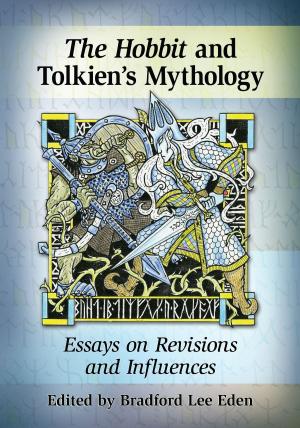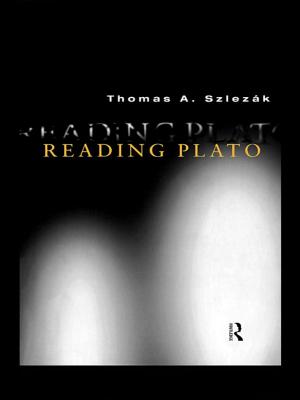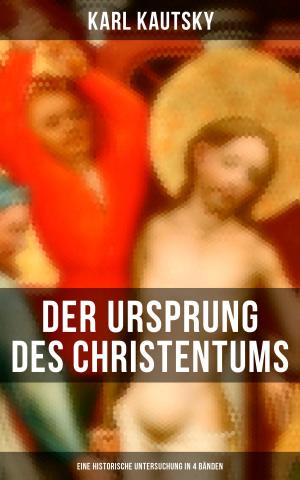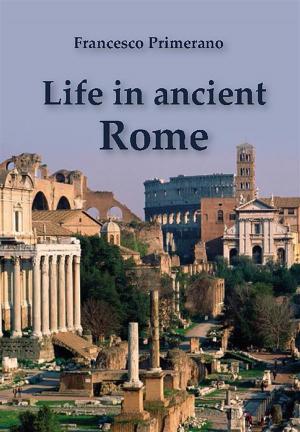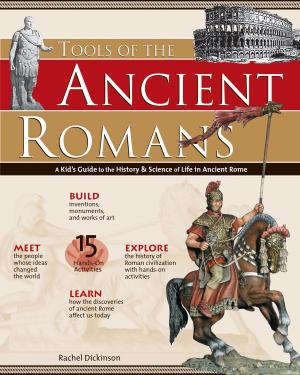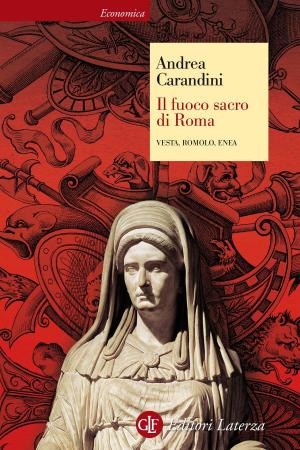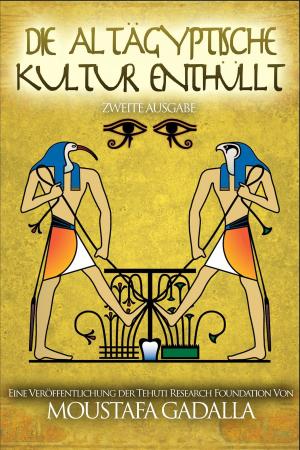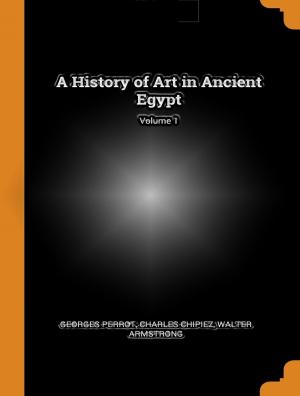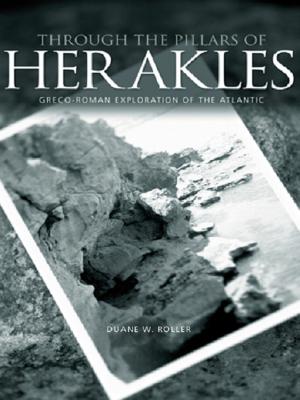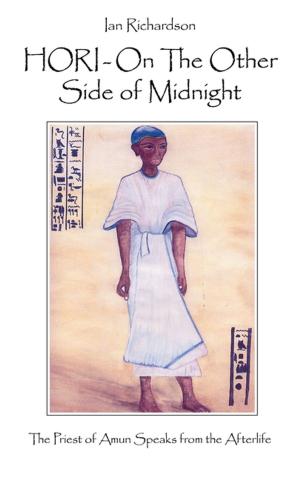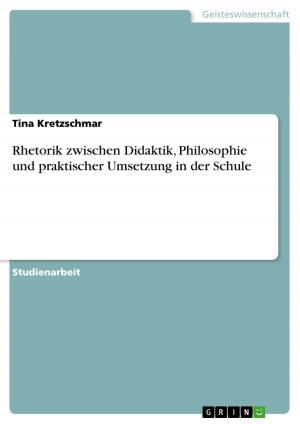J. G. Frazer and the Platonic Theory of Being
Nonfiction, Religion & Spirituality, Philosophy, Ancient| Author: | Thomas Yaeger | ISBN: | 9781310105470 |
| Publisher: | Thomas Yaeger | Publication: | April 4, 2016 |
| Imprint: | Smashwords Edition | Language: | English |
| Author: | Thomas Yaeger |
| ISBN: | 9781310105470 |
| Publisher: | Thomas Yaeger |
| Publication: | April 4, 2016 |
| Imprint: | Smashwords Edition |
| Language: | English |
When he was only twenty-four years old, James Frazer won a Cambridge fellowship with an essay on the development of Plato's theory of the Forms or Ideas (eidos). In this essay he argued that there was no overarching theory of Being in Plato's mind before he embarked on the writing of his dialogues, and that consequently differences in approach and discussion apparent in his work are the result of the development of his thought. He also argued that the very idea of Being is a barren notion, in that nothing can be predicated of Being. As a result Plato made a mistake, effectively conflating an epistemology with an ontology.
Though the essay was written in 1879, it was not published until 1930, after much of his later work was done.
Frazer became famous for his monumental study The Golden Bough, which explored a vast range of ancient and primitive myth and ritual. Here too he found intellectual processes founded in error.
What was Frazer's intention in re-interpreting Plato against what Plato himself said, and his wholesale restructuring of ancient thought by reducing much of it to a pattern of error?
When he was only twenty-four years old, James Frazer won a Cambridge fellowship with an essay on the development of Plato's theory of the Forms or Ideas (eidos). In this essay he argued that there was no overarching theory of Being in Plato's mind before he embarked on the writing of his dialogues, and that consequently differences in approach and discussion apparent in his work are the result of the development of his thought. He also argued that the very idea of Being is a barren notion, in that nothing can be predicated of Being. As a result Plato made a mistake, effectively conflating an epistemology with an ontology.
Though the essay was written in 1879, it was not published until 1930, after much of his later work was done.
Frazer became famous for his monumental study The Golden Bough, which explored a vast range of ancient and primitive myth and ritual. Here too he found intellectual processes founded in error.
What was Frazer's intention in re-interpreting Plato against what Plato himself said, and his wholesale restructuring of ancient thought by reducing much of it to a pattern of error?

